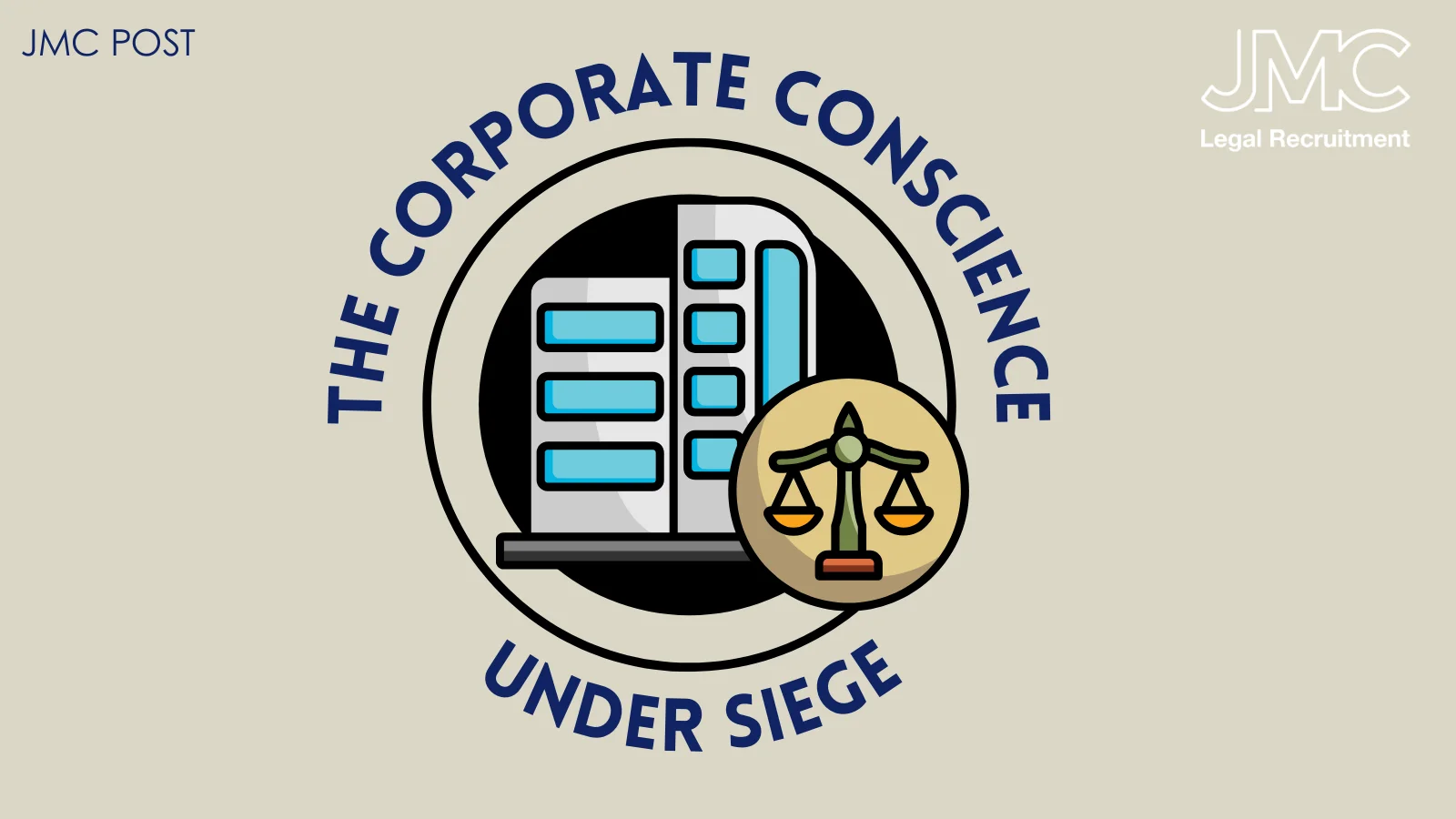
What is the Role of an In-House Lawyer?
01 Jan, 20245 minutes
What Is the Role of an In-House Lawyer?
In-house lawyers play a crucial role in ensuring that an organisation remains legally compliant and protected from risks. They work directly within businesses or organisations in a wide range of sectors, including commerce, public services, non-profits, and legal consultancies. Unlike private practice lawyers who serve multiple clients, in-house lawyers represent only the organisation that employs them.
Key Responsibilities:
- Contracts: Drafting, reviewing, and negotiating contracts related to the company’s commercial operations. These can vary greatly depending on the industry.
- Advice: Offering legal advice on matters such as mergers, acquisitions, intellectual property, and regulatory compliance.
- Training: Educating employees on relevant legal concerns, making it easier for teams to handle basic legal issues independently.
In doing so, in-house lawyers help the company achieve its broader objectives while managing legal risks.
Different In-House Roles:
In-house legal positions vary depending on the size and needs of the organisation. Here are common roles:
- Junior Lawyer: Assisting in legal support with oversight from more senior lawyers.
- Subject Matter Expert: Specialising in particular areas, like intellectual property or employment law.
- Business Partner: Acting as a liaison between the legal team and the company, focusing on improving service delivery.
- Team Manager: Overseeing other lawyers and legal staff.
- Legal Counsel or General Counsel: Leading the legal function and sometimes additional departments.
In small legal teams, one person may take on several of these roles at once.
Core Skills for In-House Lawyers:
While each role has specific requirements, some core competencies are universal:
- Legal and Business Knowledge: In-house lawyers must understand both the law and the commercial landscape of their business.
- Communication and People Skills: Clear and concise communication is crucial, especially when explaining complex legal concepts to non-lawyers.
- Decision-Making: The ability to provide solutions rather than just listing risks is highly valued in in-house legal work.
In-House Lawyers vs. Private Practice: Key Differences
Client Base:
One of the fundamental differences between in-house lawyers and those in private practice is the client base. In-house lawyers work exclusively for the organisation that employs them. They are deeply integrated into the company’s operations and often participate in leadership meetings, offering legal advice directly linked to business strategies. By contrast, private practice lawyers handle multiple clients from various industries. Their work is more transactional, and they cater to the specific needs of each client across different sectors, often without the long-term, in-depth involvement that in-house lawyers experience.
Specialisation:
In terms of specialisation, in-house lawyers are typically generalists. They need to be proficient in various legal fields as they deal with all the legal issues impacting the business, from contracts and compliance to intellectual property and employment law. While some in-house counsel may focus on a particular area, the nature of the job generally requires a broader scope of expertise. On the other hand, private practice lawyers tend to be specialists. They often concentrate on a specific legal area such as corporate law, intellectual property, litigation, or tax law. This allows private practitioners to develop deep expertise in a narrowly defined field.
Workload and Prioritisation:
When it comes to workload, in-house lawyers must manage and prioritise legal tasks that directly impact their organisation’s strategic and operational needs. They often juggle multiple issues simultaneously and address legal concerns in real time to support business functions. In contrast, private practice lawyers typically have a workload determined by the number and type of clients they are handling. Their time is often billable, with a focus on resolving specific legal matters for clients, which can lead to longer working hours, especially in fields like litigation or corporate transactions.
Business Integration:
In-house lawyers are embedded within the organisation, meaning they work closely with other departments and are directly involved in the company’s day-to-day decision-making. This allows them to provide legal insights that help shape the company’s long-term strategy. By contrast, private practice lawyers provide legal services as external advisors. Their role is more focused on delivering specific legal expertise or representation, rather than becoming involved in the internal decision-making processes of their clients’ businesses.
These distinctions in client base, specialisation, workload, and business integration highlight the contrasting nature of in-house and private practice legal careers.
When choosing a division of law to pursue, it’s crucial to understand that the skill sets required in in-house roles differ significantly from those in private practice. In-house counsel often wear many hats, functioning as legal generalists with a focus on business strategy, compliance, and daily operations. In contrast, private practice lawyers are more likely to specialise in a specific area of law, offering in-depth expertise in fields such as corporate litigation or intellectual property. While many lawyers aspire to transition from private practice to in-house roles, this shift from specialised to generalist legal work can narrow career options and may require a significant adjustment in mindset and approach.
If you're considering making this transition, it's important to weigh these factors carefully. For more detailed insights into the skills needed and how to manage this transition successfully, please see our related articles:
Navigating the Hurdles of a Return to Private Practice from an In-House Position
Exploring the Transition: Key Considerations for Lawyers Thinking About Moving In-House



